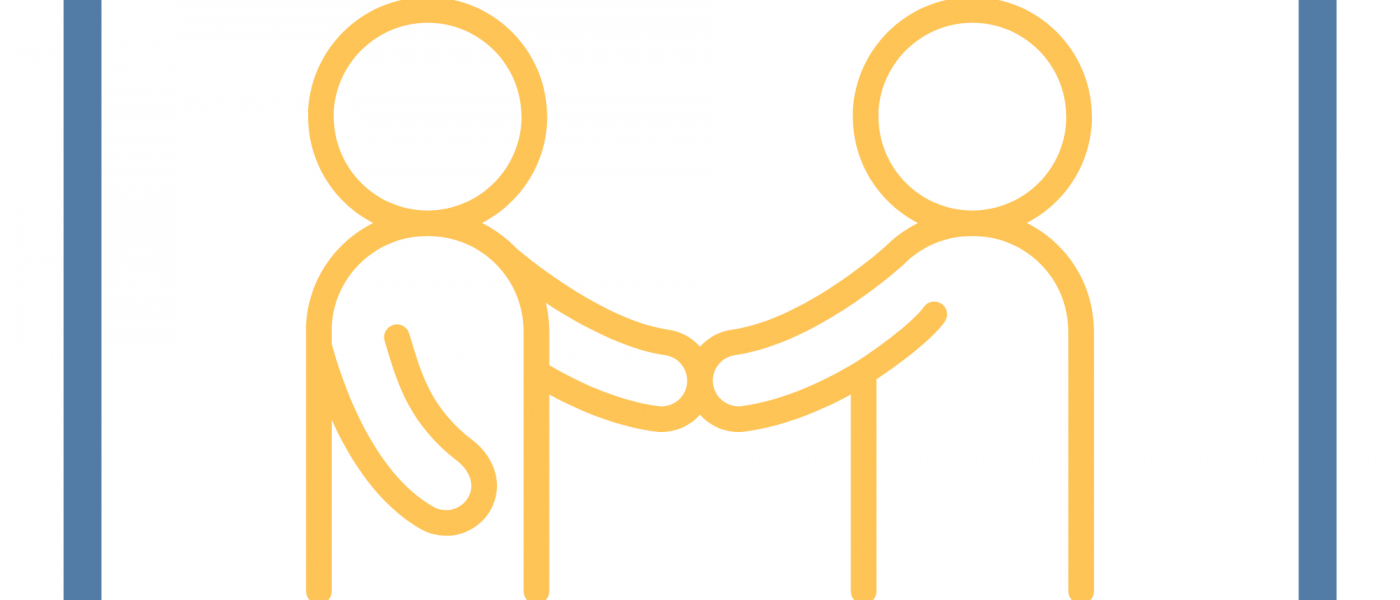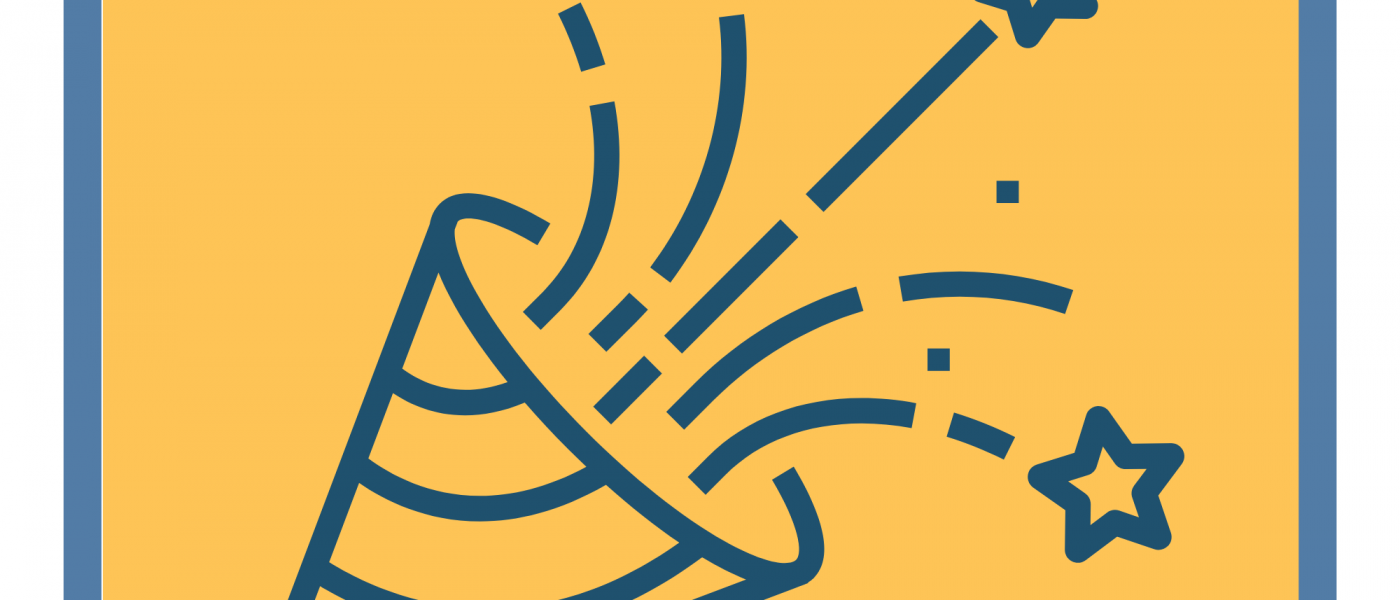Home
Our offerings

Explore our publications Publications database
The data found in the RDCs has been referenced in over 5,000 publications. Our researchers investigate socio-economic and health topics as well as cross-cutting topics related to Indigenous Peoples, gender, racial and ethnic issues, and housing and homelessness.

Find an RDC RDC listing
The Network provides unique access to Statistics Canada data on 33 campuses across the country to advance knowledge and inform public policy.

Events Events
We offer and promote events, conferences, and training opportunities all year long, as well as provide a host of resources to the research community.

Meet our partners Partners
CRDCN is funded by SSHRC, CIHR, CFI, the FRQ, Statistics Canada and our 42 primary and affiliated partner universities.

Sign up for our newsletter Sign up
Sign up to receive our quarterly newsletter, The Data Matter.

Search for datasets Dataset listing
RDC microdata come primarily from Statistics Canada Survey Master files. We also provide access to administrative records including tax, employment insurance, social assistance, and hospitalization records.

Check out our job board Job board
We share jobs of interest to our research community.

Learn about our impact Our impact
Thanks to the commitment and support of our funders, researchers, and partners, we continue to grow and increase the impact of CRDCN enabled research.
Who are we?
The Canadian Research Data Centre Network (CRDCN) is a premier research and training platform for over 2,000 researchers in the quantitative social and health sciences in Canada.
The Network provides unique access to Statistics Canada data on 33 campuses across the country to advance knowledge and inform public policy.
It is funded by SSHRC, CIHR, CFI, the FRQ, Statistics Canada and our 42 primary and affiliated partner universities. CRDCN is recognized as one of Canada’s Major Science Initiatives.
News
IASSIST & CARTO 2024 comes to Halifax
Conference/Seminar, News
Latest issue of the Research-Policy Snapshot Digest available
CRDCN Publications, News, Public Policy, Research and Programs
Deadline to apply for Emerging Scholars Grant is March 31, 2024!
Funding, News, Research and Programs




